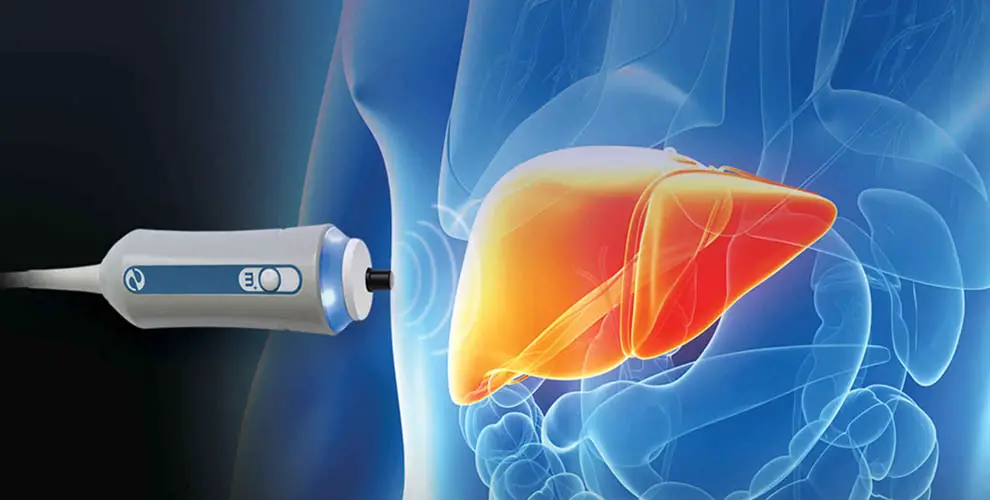In Conclusion
FAQ
Coffee Consumption Before a FibroScan
1. Is it permissible to consume coffee before undergoing a FibroScan procedure, or are there any restrictions?
In most cases, moderate coffee consumption is permitted before a FibroScan. However, there are considerations to keep in mind to ensure accurate results.
2. How does coffee consumption potentially impact the results and accuracy of a FibroScan examination?
Coffee is generally unlikely to significantly affect the accuracy of a FibroScan. Excessive caffeine intake may lead to increased heart rate, which could cause discomfort during the procedure.
3. Are there specific guidelines and recommendations regarding coffee intake before a FibroScan?
While there are no strict guidelines, it’s advisable to consume coffee in moderation, stay well-hydrated, and consult with your healthcare provider if you have concerns.
4. Can drinking coffee affect liver stiffness measurements or elastography during the FibroScan procedure?
Minor effects on liver stiffness measurements are possible due to caffeine’s influence on heart rate, but these effects are typically minimal and don’t substantially impact the results.
5. What is the suggested waiting period, if any, between drinking coffee and having a FibroScan?
There is no specific waiting period; however, it’s wise to avoid drinking a large amount of coffee immediately before the procedure to prevent potential discomfort.
For further insights into coffee and its various aspects, you can also explore these informative articles:




